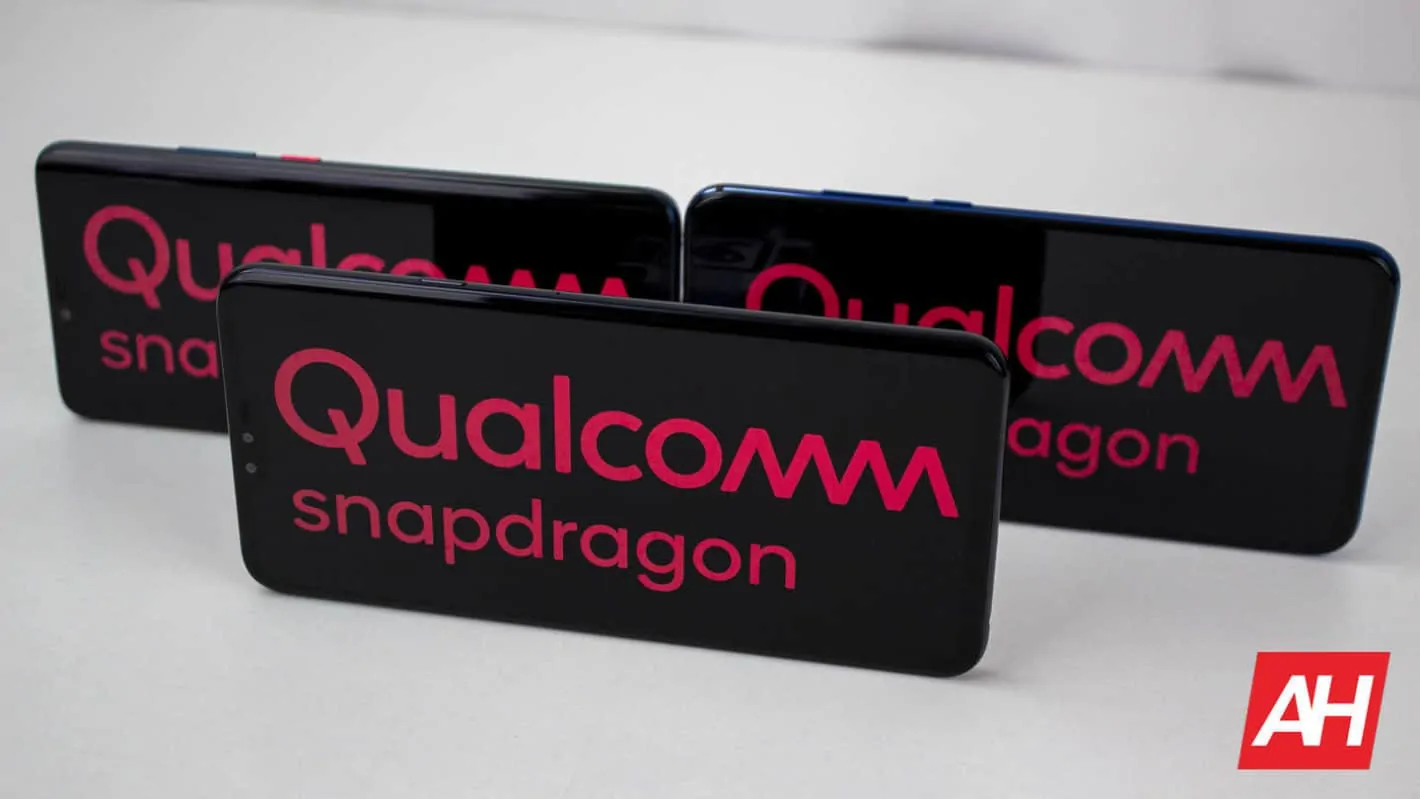As many of you probably already know, Samsung tends to use two different processors in its flagship smartphones. In some markets, the company uses Qualcomm’ Snapdragon processors, while in others, its very own Exynos chips. Well, that managed to cause quite a bit of controversy over the years, and users are quite fed up by Samsung’s very own chips. I, personally, do believe that Samsung should use Snapdragon SoC worldwide, even though I understand why that may not happen. On one hand, including Snapdragon SoCs everywhere would certainly benefit users, but the same cannot be said about Samsung as a company. We’ll talk more about that later.
Why is it a problem to begin with?
First thing’s first, why do we even bring it up? Well, Exynos processors are quite powerful, don’t get me wrong, but it seems like they trail behind Qualcomm’s chips every year. Every year we see some deficiencies that should not be in the picture. We’ll focus on flagship phones here, as that’s the best way to explain things, and also the point where such deficiencies are most notable. Let’s take the Samsung Galaxy S20 Ultra as an example, as it’s the freshest example I can think of. Before we begin, do note that some of these issues have been fixed by now, to a degree.
That phone launched with the Snapdragon 865 in the US and China. On the flip side, it came with the Exynos 990 in Europe and India. On paper, both the Snapdragon 865 and Exynos 990 are great chips, no doubt about that. In real life, well, the Galaxy S20 Ultra with the Exynos 990 is just not up to the task. Quite a few reports surfaced of issues that the Exynos variant is facing. Those issues become a lot more apparent when you compare it to the Snapdragon model. To make things worse, the Exynos model is more expensive in Europe, than the Snapdragon one is in the US. So… you see the issue, right?
The Galaxy S20 Ultra issues are a prime example of Exynos deficiencies
To be more specific, the Exynos 990 variant of the Galaxy S20 Ultra faced various issues, including poor battery life, overheating, poor autofocus performance, and rather strange compatibility bugs. That is not something you want to hear when you pay almost $1,500 for a smartphone. Battery life was considerably worse than on the Snapdragon 865 model, while the compatibility issues were with some games, first and foremost. Pokemon Go is a good example, as that game did not run properly, it was crashing quite frequently. Granted, that wasn’t Samsung’s fault, but it would not have happened if not for two different variants of SoCs in the Galaxy S20 Ultra.
This actually makes me wonder how will the Galaxy Note 20 Ultra perform. The phone has been announced already, and we do know that it will be fueled by the Exynos 990 in Europe and India, two huge markets. Some rumors are claiming that the phone will be far more optimized than the Galaxy S20 Ultra, and that the Exynos 990 will run great on it. Those are just some wild rumors at this point, and it remains to be seen if they’re true. If the phone ends up being on the same level as the Snapdragon 865 Plus variant, then the chip itself is not to blame, but Samsung’s optimization, but we’ll see.
I’m quite skeptical, to be quite honest, as Samsung has been promising such performance for years now. Exynos chips have been training behind Snapdragon competition for quite some time now. Samsung should either offer the same level of performance on both SoC variants, or use Snapdragon processors in all of its flagships. Things actually got so bad, that users had enough, and started a petition for Samsung to stop using Exynos processors. That petition won’t force Samsung to do that, of course, but it may make the company improve their Exynos chips, or optimization of the same.
Samsung should use Snapdragon SoCs worldwide, but it probably won’t
There’s a good reason why Samsung almost certainly won’t give up on its SoC. If Samsung gave up on its processors, that basically means it wasted a lot of time and energy on developing them. Exynos chips have been around for a long time at this point. In addition to that, the company wants to have an alternative for Qualcomm’s chips, if things go south. Those are both valid reasons, to be quite honest. We’ll see if Samsung managed to deliver those much-talked-about optimizations to the Galaxy Note 20 series of devices. Those phones are extremely expensive, and people will have little tolerance for any issues that may occur. So, the bottom line is, as things stand right now, Samsung should use Snapdragon SoCs worldwide. Will it happen? Probably not, but that doesn’t mean it shouldn’t.

